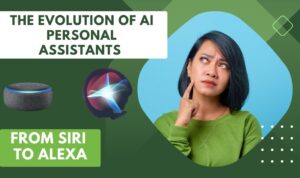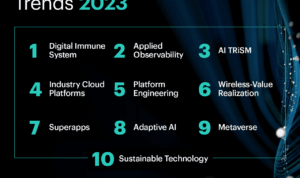Diving into the realm of smart healthcare devices and AI, this introduction sets the stage for a fascinating exploration of how technology is revolutionizing the healthcare industry. From cutting-edge devices to advanced AI integration, the landscape of healthcare is rapidly evolving to enhance patient care and outcomes.
As we delve deeper into the intricacies of smart healthcare devices and AI, we uncover the myriad ways in which these innovations are reshaping the way healthcare is delivered and received.
Smart Healthcare Devices and AI
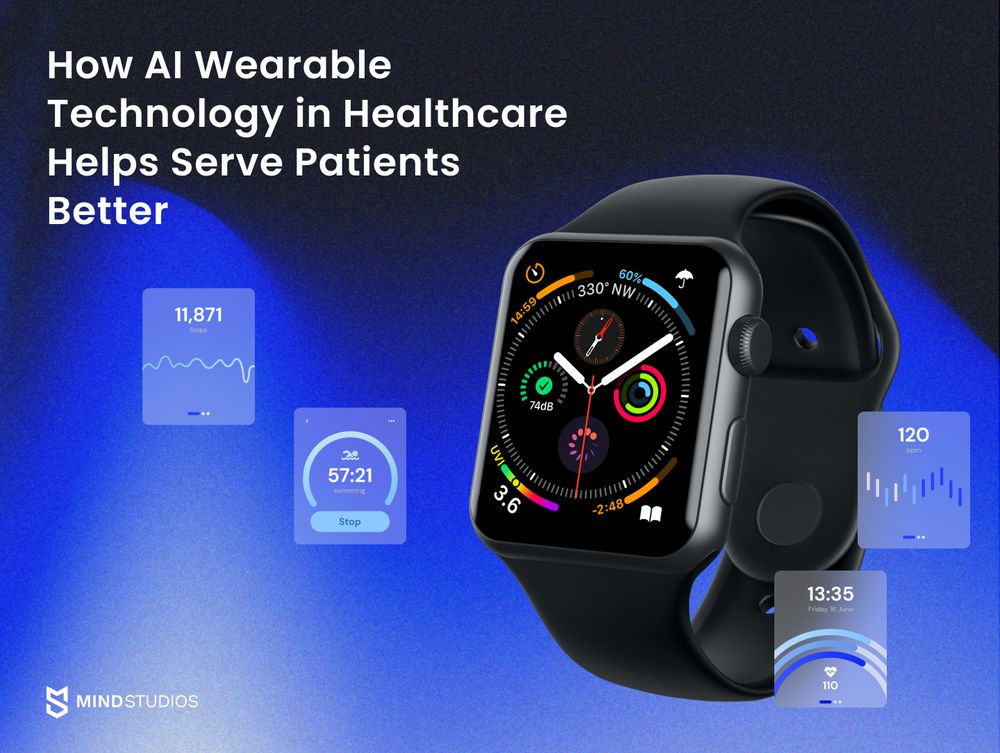
Smart healthcare devices are revolutionizing the way healthcare is delivered by incorporating artificial intelligence (AI) technology. These devices are designed to collect, analyze, and interpret data in real-time to provide personalized insights and recommendations for both patients and healthcare providers.
Examples of Smart Healthcare Devices
- Smartwatches and fitness trackers that monitor heart rate, sleep patterns, and physical activity to help users maintain a healthy lifestyle.
- Blood glucose monitors that utilize AI algorithms to predict blood sugar levels and provide recommendations for individuals with diabetes.
- Remote patient monitoring devices that track vital signs and alert healthcare providers of any concerning changes in a patient's health status.
Benefits of Integrating AI into Healthcare Devices
AI integration in healthcare devices offers numerous advantages for both patients and healthcare providers.
- Improved patient outcomes through personalized treatment plans based on real-time data analysis.
- Enhanced efficiency in healthcare delivery by automating routine tasks and reducing administrative burden on healthcare providers.
- Early detection of health issues through continuous monitoring, leading to timely interventions and prevention of complications.
- Cost savings in the healthcare system by reducing hospital readmissions and unnecessary medical procedures through proactive care management.
Applications of AI in Healthcare
AI is playing a crucial role in revolutionizing the healthcare industry by enhancing diagnostics, treatment, and patient care. Its ability to analyze vast amounts of data and identify patterns helps in predicting diseases, personalizing treatment plans, and improving overall patient outcomes.
AI in Diagnostics
AI-powered diagnostic tools are able to analyze medical images, such as MRIs and CT scans, with incredible accuracy. This not only speeds up the diagnostic process but also helps in detecting diseases at earlier stages, leading to better treatment outcomes.
AI in Treatment
AI algorithms can analyze patient data to suggest personalized treatment plans based on individual characteristics and medical history. This personalized approach ensures that patients receive the most effective treatment, ultimately improving their recovery and quality of life.
AI in Patient Care
AI is also being used to enhance patient care by monitoring vital signs, predicting potential health issues, and providing real-time recommendations to healthcare providers. This proactive approach helps in preventing complications and ensuring timely interventions.
Challenges and Ethical Considerations
One of the major challenges associated with the use of AI in healthcare is ensuring the privacy and security of patient data. Additionally, there are ethical considerations related to the use of AI in decision-making processes, especially when it comes to matters of life and death.
It is crucial to establish guidelines and regulations to address these issues and ensure the responsible use of AI in healthcare.
Remote Patient Monitoring
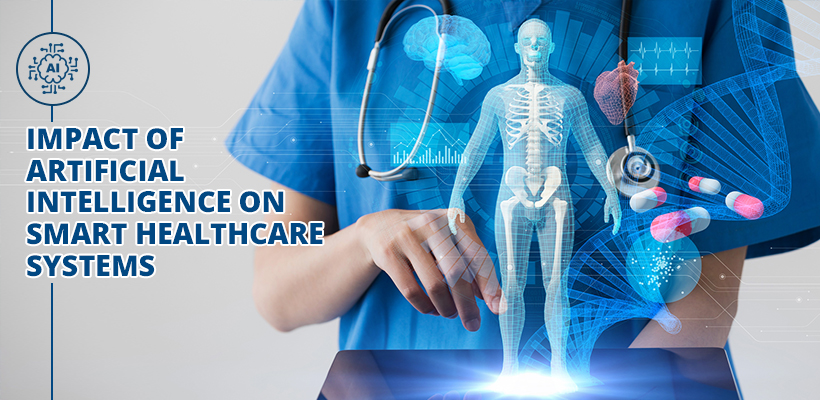
Remote patient monitoring refers to the use of smart healthcare devices powered by AI to track and monitor patients' health status outside of traditional healthcare settings. These devices enable healthcare providers to remotely collect and analyze patient data in real-time, allowing for timely interventions and personalized care.
Advantages of Remote Patient Monitoring
- Improved Healthcare Accessibility: Remote patient monitoring eliminates the need for frequent in-person visits, making healthcare more accessible to patients in remote or underserved areas.
- Enhanced Efficiency: By continuously monitoring patients remotely, healthcare providers can detect potential issues early on, leading to proactive interventions and preventing unnecessary hospital admissions.
- Personalized Care: AI-powered smart devices can analyze large amounts of patient data to tailor treatment plans based on individual needs and preferences, resulting in more personalized and effective care.
- Cost-Effective: Remote patient monitoring can reduce healthcare costs by minimizing the need for hospitalizations and emergency room visits through early detection and management of health conditions.
Examples of Successful Remote Patient Monitoring Systems
- The Philips eCareCompanion program utilizes connected devices to monitor patients with chronic conditions at home, leading to a 45% reduction in hospital readmissions and a 27% decrease in emergency department visits.
- The VA Telehealth program in the U.S. provides remote monitoring services to veterans, resulting in improved access to care and better health outcomes for patients with chronic conditions.
- The BioSticker by BioIntelliSense is a wearable device that continuously monitors vital signs and activity levels, allowing for early detection of health issues and remote patient monitoring for various medical conditions.
Data Security and Privacy
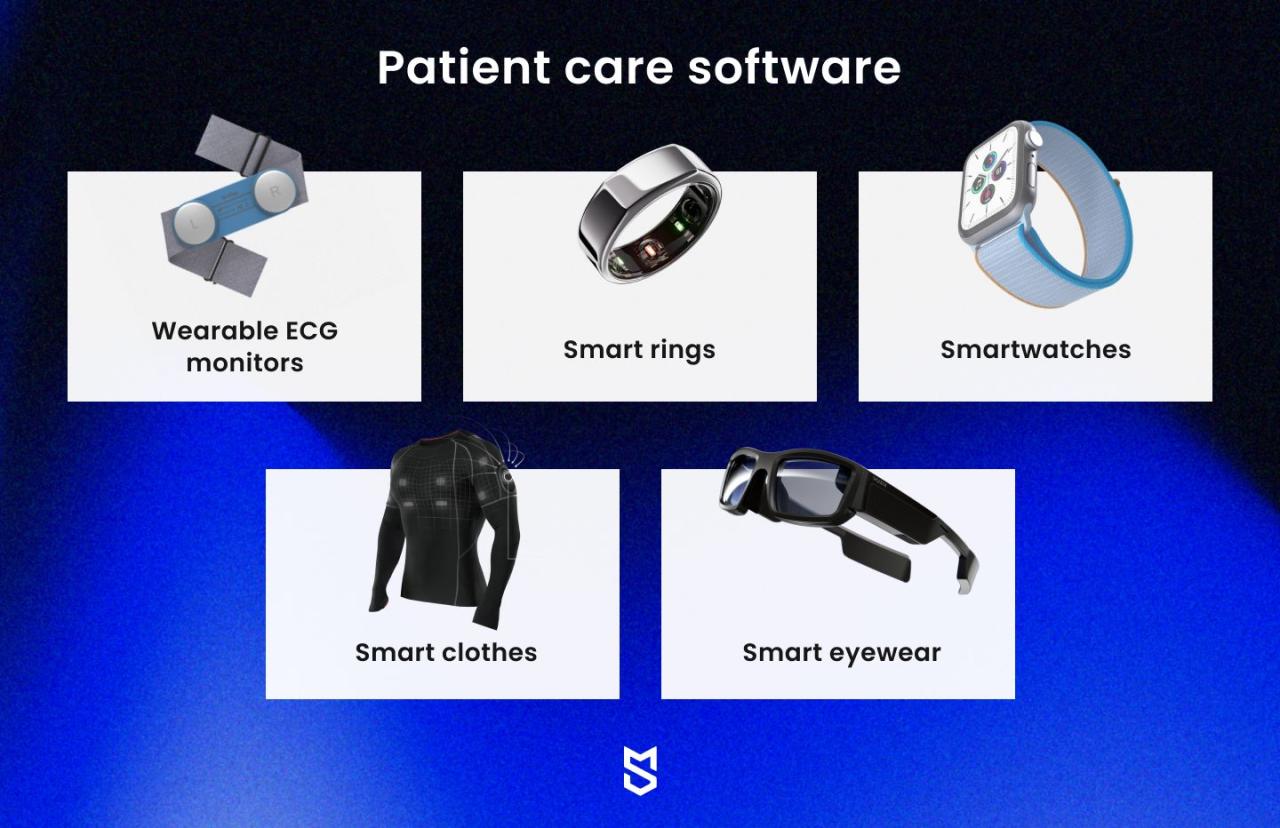
Data security and privacy are paramount when it comes to utilizing smart healthcare devices and AI in the healthcare industry. Ensuring the protection of patient data is crucial in maintaining trust and compliance with regulations.
Importance of Data Security in Healthcare
- Data breaches in healthcare can have serious consequences, leading to identity theft, financial loss, and compromised patient care.
- Protecting sensitive health information is not only a legal requirement but also an ethical responsibility to patients.
- Maintaining data security helps in building patient trust and confidence in healthcare providers and technologies.
Measures for Ensuring Data Security
- Implementing strict access controls and user authentication to limit unauthorized access to patient data.
- Regularly updating software and systems to patch vulnerabilities and enhance security measures.
- Encrypting data both at rest and in transit to prevent unauthorized interception and ensure confidentiality.
- Conducting regular security audits and risk assessments to identify and address potential security threats.
Comparison of Data Encryption Methods
- End-to-End Encryption: Ensures that data is encrypted from the point of origin to the recipient, providing maximum security.
- Transport Layer Security (TLS): Secures data during transmission over networks, such as the internet, safeguarding against eavesdropping.
- Advanced Encryption Standard (AES): A widely-used symmetric encryption algorithm that ensures data confidentiality and integrity.
- Public Key Infrastructure (PKI): Utilizes public and private keys for secure data exchange and verification of identities.
Ending Remarks
In conclusion, the intersection of smart healthcare devices and AI presents a promising future for healthcare, promising improved accessibility, efficiency, and patient outcomes. As technology continues to advance, the possibilities for enhancing healthcare through innovation are endless.
FAQ Compilation
How do smart healthcare devices utilize AI?
Smart healthcare devices leverage AI technology to analyze data, provide personalized insights, and improve overall healthcare outcomes.
What are some challenges of integrating AI into healthcare devices?
Challenges include data security concerns, ethical considerations, and ensuring the accuracy and reliability of AI-driven insights.
How does remote patient monitoring benefit healthcare delivery?
Remote patient monitoring enhances accessibility to healthcare, allows for proactive care management, and can lead to early intervention for better patient outcomes.
Why is data security crucial in smart healthcare devices?
Data security is essential to protect sensitive patient information from breaches, ensuring confidentiality and maintaining trust in healthcare systems.







